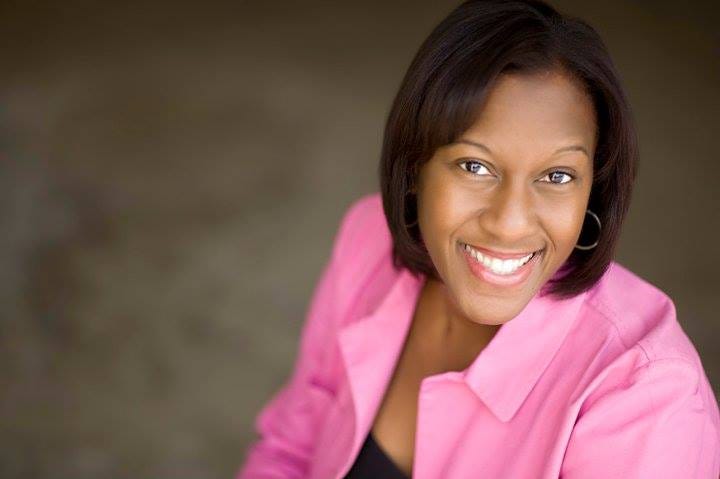Disarming Our Knee-Jerk Reaction to Grief & Loss: An interview with Dr. Mekel Harris
What would happen if you could relax into the pain? (video and partial transcript)
"What would happen if you could relax into the pain?" This is what Dr. Mekel Harris' therapist asked her when she was sitting in the client's chair, rather than the care provider's chair she was used to. While highly qualified in areas of grief support, experiencing loss for herself changed the way Mekel related to pain. She learned that the only way forward is straight through grief. In this session Dr. Harris and I discuss the different types of grief—complicated, disenfranchised, anticipatory, and so forth—as well as what it means to engage your heart, mind, and body as a person of faith.
Relaxing into pain
In case you don’t have time to watch the full interview, here’s an excerpt from the interview (lightly edited for clarity). For context, Dr. Harris has just admitted that attending therapy herself had been really confronting, particularly when her therapist told her she needed to “relax into the pain” when she was dealing with the grief of her mother’s death.
Adriel Booker: Hang on, I gotta ask you question about this—why was it confronting? Did it feel like going backwards? Or something else? Tell me more.
Mekel Harris: Yeah, it was. It almost felt invalidating to me. In my mind, I came into therapy with my full armor on ready to fight this thing. I had on my boxing gloves. As I reflect back on those months of time spent with her, I was literally coming in and sitting at the front edge of the couch. I wasn't even relaxing into the couch, let alone the pain. I was ready to just attack it so we could get over this and I could get on with my life and get back to the norm. And so when she said it, it felt invalidating. I felt like, wait, you're not here to fight with me? you want me just to sit back and pretend like this isn't happening and act like it’s okay? That's how I perceived it and so I was pretty angry with her. I think I probably skipped a couple of visits. And when I finally decided to go back, she revisited that question. [“What would it take for you to relax into the pain?”]
And for whatever reason—I will give God all the credit—my heart was open to receive it that visit. And almost in an instant, I shrunk back into the couch and wept, really wept, for the first time since my mom had died. I remember that instead of feeling, you know, the embarrassment and all the things that I had been feeling, I felt almost as if it was a relief. Like, I don't have to put on the face in here. I can cry, I can do whatever it takes to be present in this painful moment. That's when I realized that I had been holding my breath for months after my mom died. So to me, relaxing in the pain is the emotional, the spiritual, the fear, the physical surrender. It’s to be able to say: This is where I am. This is how I feel. This is what it is. . .
And when I when I did that, Adriel, I realized that I had been living months alone in a vacuum, isolated, because I was too afraid to ask for help. I was lying to God, even though he knew that I didn't know [how to cope]. I thought I was being a good Christian by saving face and constantly talking about how God would help me overcome. . . But the reality was, he was waiting for me to finally look my situation in the face and release all the things I had been holding on to so that I could actually start the healing process.
Listen in as Dr. Harris and I discuss different types of grief, whether or not you should categorize your grief, and what it means to disarm our knee-jerk reactions so that we can begin to heal:
This video was recorded as part of the Tethered Summit in 2020. It’s as relevant today as it was then and I’m so grateful for Dr. Harris’ wisdom, tenderness, and groundedness.
For discussion:
What "type" of grief are you experiencing? Does categorizing your grief help you to know how to better process it—why or why not?
This interview is part of the Tethered Summit I ran a few years ago—one of my favorite and most fruitful projects to date! The content is that good that I’m slowly re-releasing it over Substack over the months to come for paid subscribers. (Now and then I will also share an entire interview for free like this one!) Tethered explores themes of grief and loss, faith and doubt, wholeness and hope with authors, therapists, pastors, and care workers who are experts in their field.




